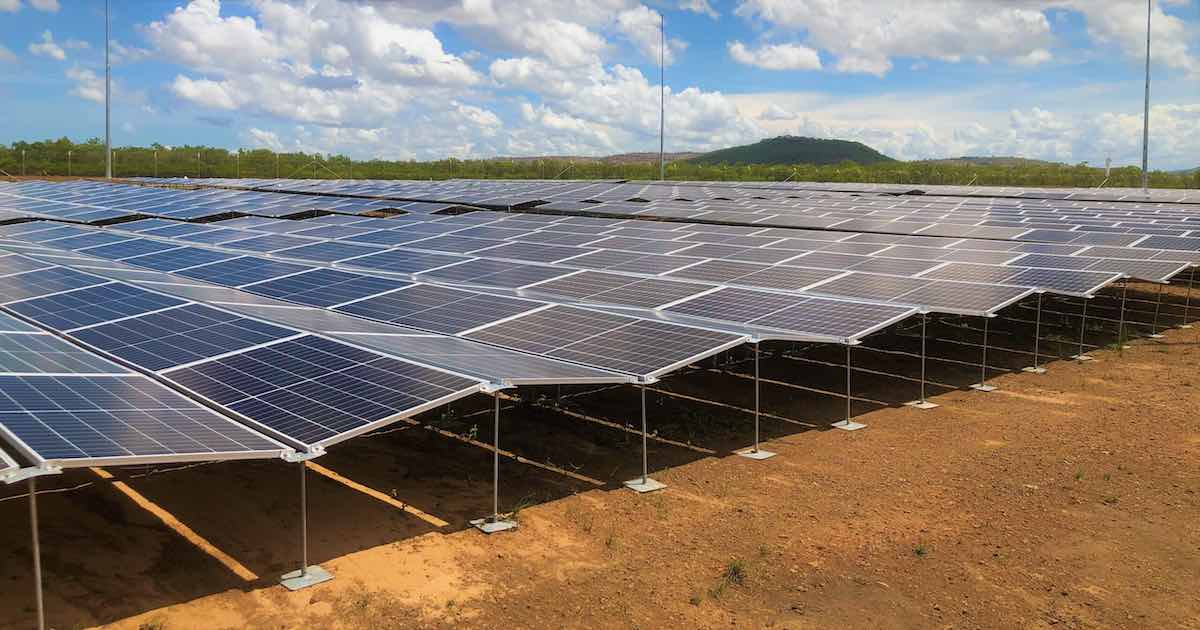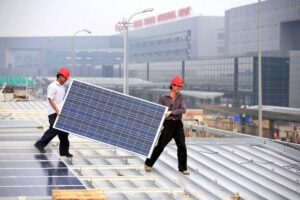Western Australia’s state-owned regional energy provider Horizon Power has acquired a 50% interest in a specialist provider of solar for industrial and agricultural use, to help fast-track the state’s decarbonisation efforts.
WA energy minister Bill Johnston says the investment in West Australian Alternative Energy will address the energy sector’s wide-ranging supply chain issues, which have been hampering delivery of equipment and projects.
The partnership with WAAE, which was founded in Busselton in 2012, will focus on supporting Horizon to green up its service area of 34 microgrids and 117 remote communities, through the installation of solar and battery storage.
The move comes after WAAE completed the installation of a Horizon Power-owned hybrid solar project at the remote Kimberley community of Kalumburu in 2022 (pictured above), including a 1.7MWh battery energy storage system.
The company has also worked with Western Power and Tesla to commission the state’s first Megapack community battery, a 2MWh system, in Harrisdale just last week.
“The partnership will help tackle the supply chain issues and workforce constraints being felt across the country and support the acceleration of renewable energy solutions in our state,” said Johnston.
“The new partnership is a positive step forward on our decarbonisation journey, supporting the state government and Horizon Power’s commitment to reducing greenhouse gas emissions.”
Horizon also stands to save a great deal of money in the shift to distributed renewable energy on its far-flung regional networks, with solar and battery storage already proving cheaper to run than heavily subsidised diesel fuelled microgrids and cheaper to build and maintain than hundreds of kilometres of single-wire transmission lines.
In 2019, a relatively small 450kW solar farm built to augment a costly diesel power station that powered the town of Meekatharra, was found to have “exceeded all expectations” – even without battery storage – cutting the use of diesel by 20 per cent.
In the Pilbara town of Onslow, a microgrid combining 700kW of customer generated solar, a 600kW solar array, and a 1MW (no MWh stated) battery regularly supplies 90 per cent of the town’s power and has event run it on renewables alone for a period of 80 minutes.
While the WA government’s 80% by 2030 emissions reduction target – enforced among its own departments – is ambitious, the state’s broader climate policy has been accused of allowing some of the country’s biggest polluters to slip through the cracks.










